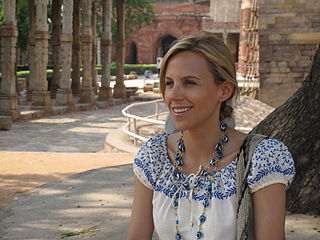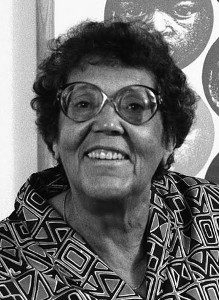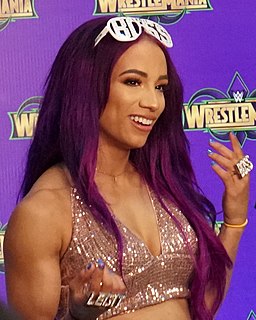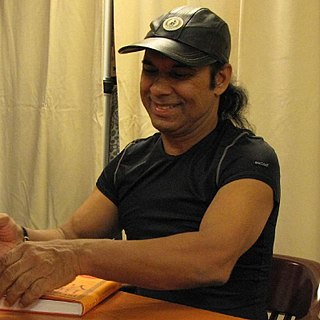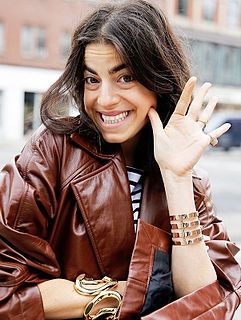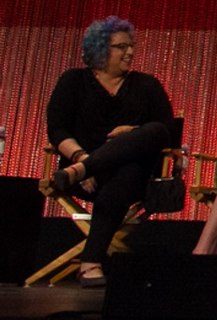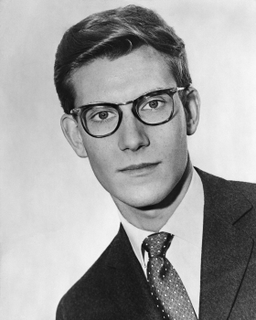A Quote by Anita Sarkeesian
I really wanted to explore a range of women who aren't necessarily perfect, heroic women. I wanted to series to influence creative people to include more women in their work, especially historic works.
Related Quotes
One of the reasons I wanted to start a company is because I wanted an environment that I wanted to work in. I wanted people to be able to have a life - for it to be OK to leave for a lacrosse game or a doctor's appointment. So I think women do work differently; it's important to have both men and women. They offer different things.
Countries with higher levels of gender equality have higher economic growth. Companies with more women on their boards have higher returns. Peace agreements that include women are more successful. Parliaments with more women take up a wider range of issues - including health, education, anti-discrimination, and child support.
What I wanted to do was put a woman of color, front and center, in my movie combining a lot of themes that were relevant to both men and women. I actively wanted her to carry the weight of this movie because I'm a woman. And I actively wanted to explore many of the issues that affected her as a woman of color. That was very important to me. And although these issues affect some women of color, I don't think they're only of interest to women of color. They're of universal interest.
I went to a girls high school and I went to a women's college and when I first started teaching at Georgetown it had been a single sex school and so they wanted to have some women professors when they went co-ed, and so I originally was hired to start a program there, and really encourage women to go into foreign policy. I always have done that, and I really do think that things are better when women are involved.
Back in the days when men were hunters and chest beaters and women spent their whole lives worrying about pregnancy or dying in childbirth, they often had to be taken against their will. Men complained that women were cold, unresponsive, frigid... They wanted their women wanton. They wanted their women wild. Now women were finally learning to be wanton and wild - and what happened? The men wilted.
My writer and I sat down and wrote a huge list of names of women to consider. It was really important to us to have a broad range of women from across generations and cultures. We didn't want to make it Western-focused, we wanted to make sure it was international and that it had an intersectional lens.
Countries with more gender equality have better economic growth. Companies with more women leaders perform better. Peace agreements that include women are more durable. Parliaments with more women enact more legislation on key social issues such as health, education, anti-discrimination and child support. The evidence is clear: equality for women means progress for all.
People think that women don't negotiate because they're not good negotiators, but that's not it. Women don't negotiate because it doesn't work as well for them. Women have to say, 'I really add a lot of value, and it's in your interest to pay me more.' I hate that advice, but I want to see women get ahead.

